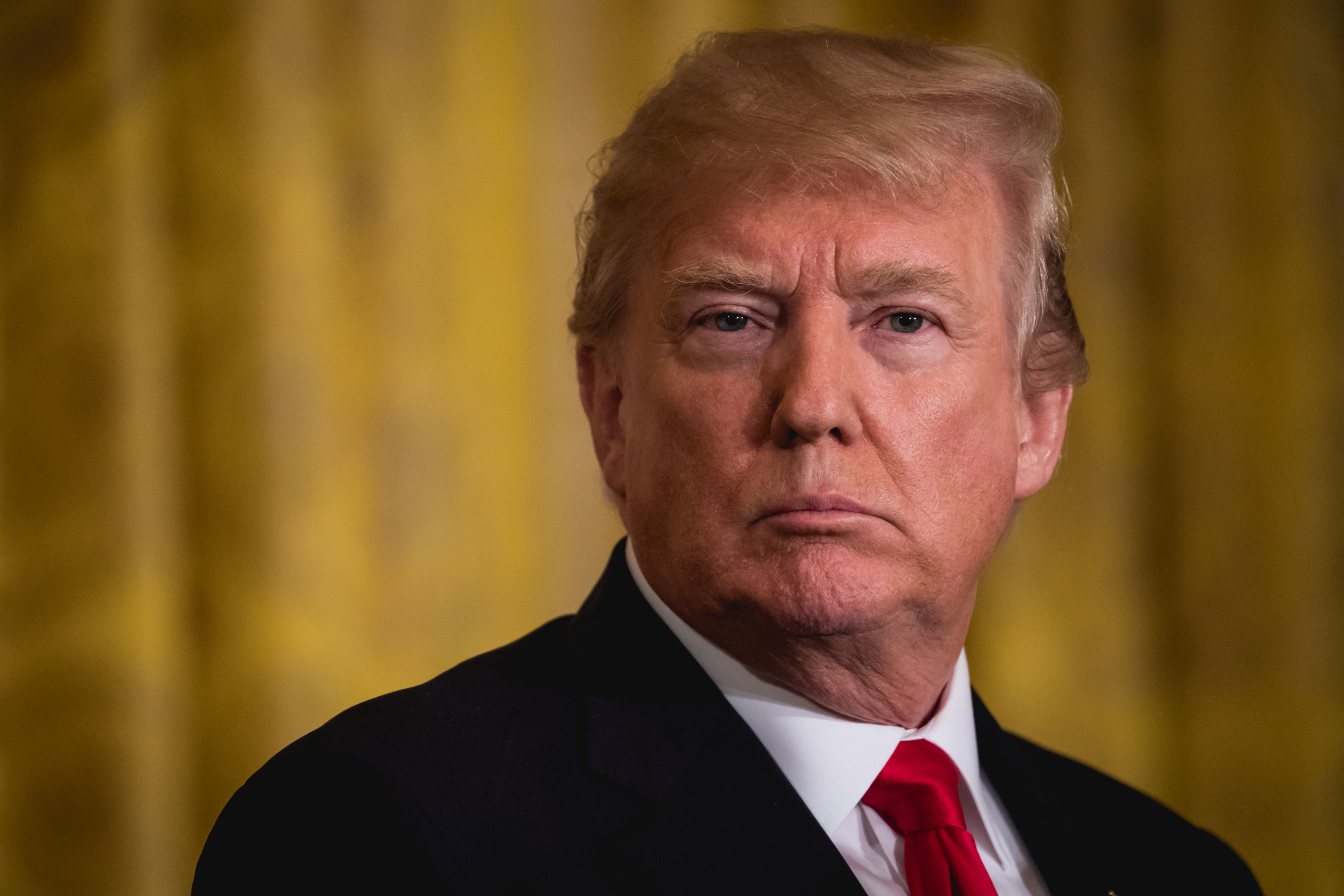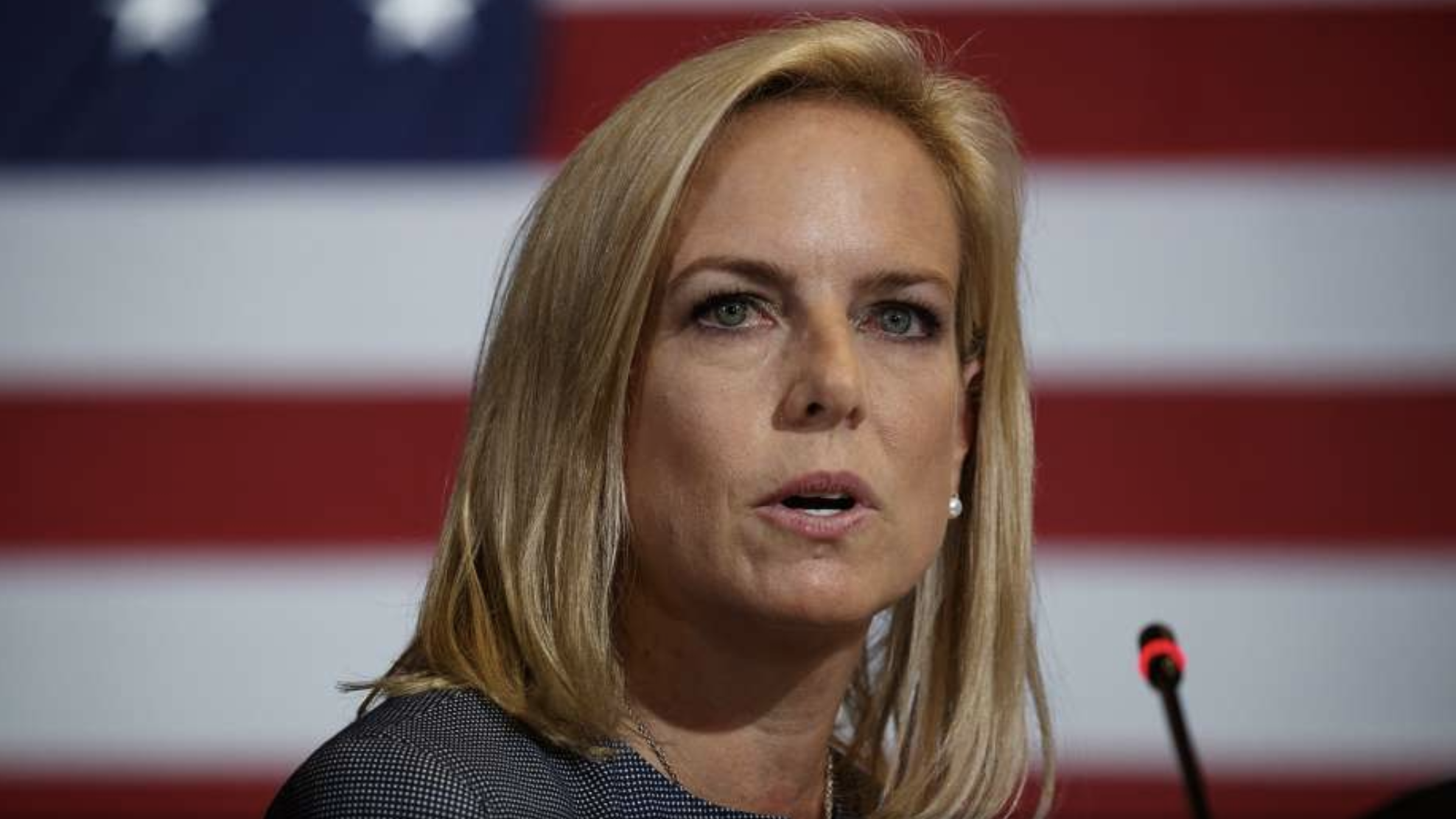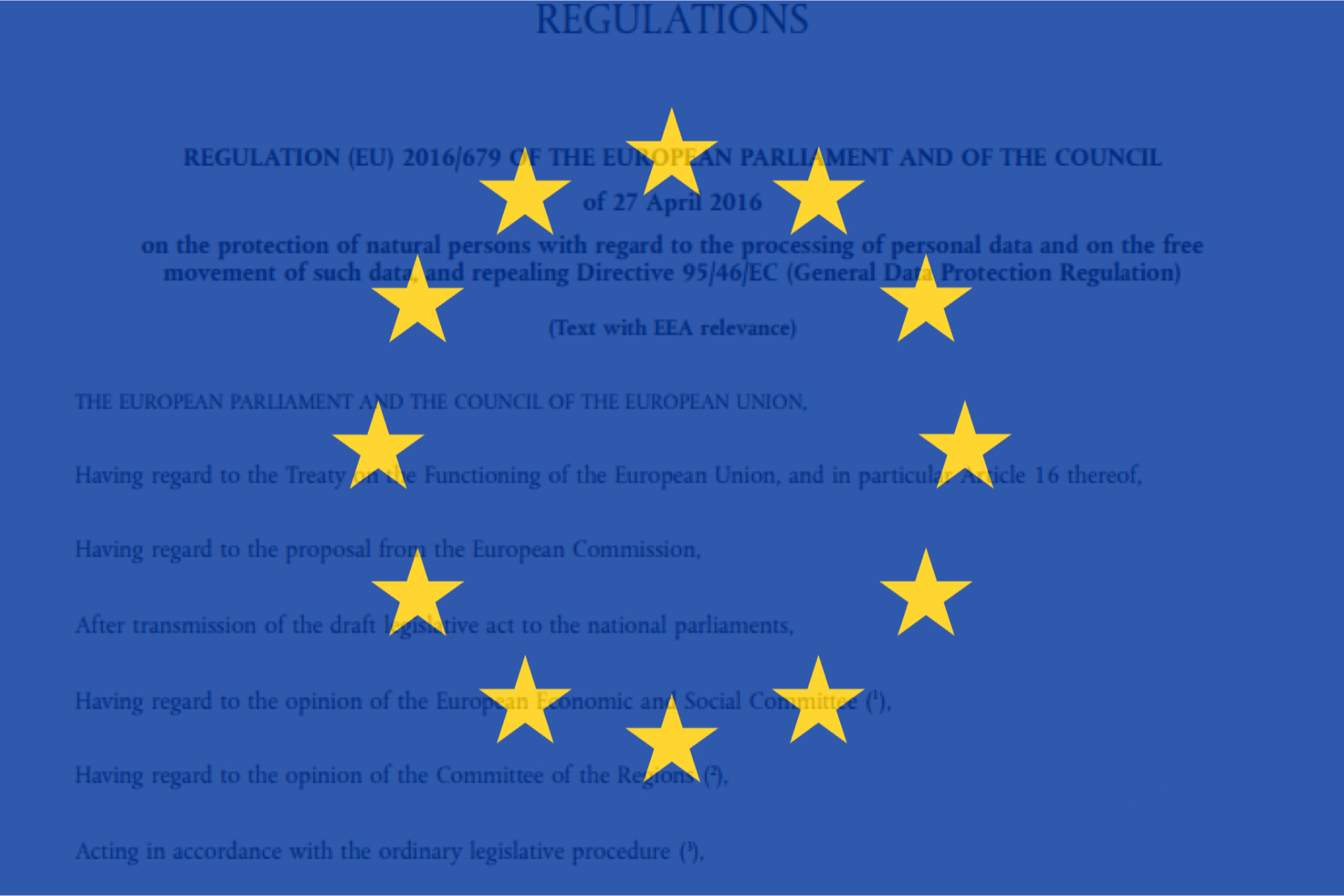Flock, a London-based startup that has created a data-driven insurance product for drones, has picked up £2.25 million in seed funding. Leading the round is fintech and insurtech VC fund Anthemis, with participation from Silicon Valley’s Plug and Play, Seed and Speed, and previous backer Downing Ventures. A number of unnamed angel investors also took part.
Describing itself as “pioneering the use of real-time data in insurance,” Flock’s drone insurance has its roots in the academic studies of founder Antton Pena. He wrote his thesis on the use of real-time data to quantify drone flight risks, and began building the first version of the Flock platform at the Data Science Institute at Imperial College London with help from a post-doctoral researcher in artificial intelligence.
Likewise, while studying at Cambridge University, Flock CEO Ed Leon Klinger focused on the future of the autonomous world, writing and publishing papers on driverless vehicles, AI safety, and autonomous drones. This included a paper on the future of the drone industry in which he identified the same solution that Antton had already begun building: the idea that real-time data could be leveraged to identify and quantify the risks of drone flights.
To that end, Flock’s first product, dubbed “Flock Cover”, is a ‘pay-as-you-fly’ insurance app that allows drone pilots to insure flights for a minimum of one hour. It aggregates real-time data, including hyperlocal weather conditions, population density, proximity to high-risk areas (such as airports), and more. Flock’s algorithms then analyse this data, coupled with other data points, such as the weight of the drone, to quantify the risk of any given drone flight. The insurance itself is offered through a partnership with Allianz.
“The problem we’re solving in the drone industry is that drone flight risks are unpredictable, complex, and not particularly well understood by insurers,” explains Klinger. “The result of this is overpriced, cumbersome, but often compulsory insurance policies that are not fit for purpose (in the U.K. drone insurance is a legal requirement for commercial pilots)”.
In contrast, Flock’s use of real-time (and static) data enables the startup to offer pricing that is “risk-dependant,” says Klinger, “so the safer you fly, the less you pay. Our safest pilots now pay less for their insurance than their morning coffee!”.
The company says that 1,000 commercial drone pilots now use Flock Cover, which launched earlier this year in the U.K., representing a departure from flat-rate annual premiums in favour of Flock’s on-demand model.
With that said, the Flock CEO concedes that there are a number of other on-demand drone insurance products already on the market, even if traditional insurers remain the startup’s main competition. “These insurers have been going for longer than us, and they certainly have bigger budgets. What they don’t have is real-time data on their side. They cannot differentiate between high-risk and low-risk customers or flights, so they simply charge everyone roughly the same amount for an annual policy,” he says.
Meanwhile, it would appear that drone insurance is just the beginning, as Klinger and Pena eye up other areas of cover where Big Data can be utilised to offer more flexible and better value insurance.
“As the world becomes increasingly autonomous, from the cars on our streets to the robots in our homes, we can expect to see a whole new set of risks emerge,” adds Klinger. “Here at Flock we’re using cutting edge data science to identify, quantify and insure these risks for drones, but we’re just getting started. Our wider vision is ultimately to bridge the gap between today’s insurers and tomorrow’s technologies, pioneering the use of Big Data in insurance for an autonomous future”.





